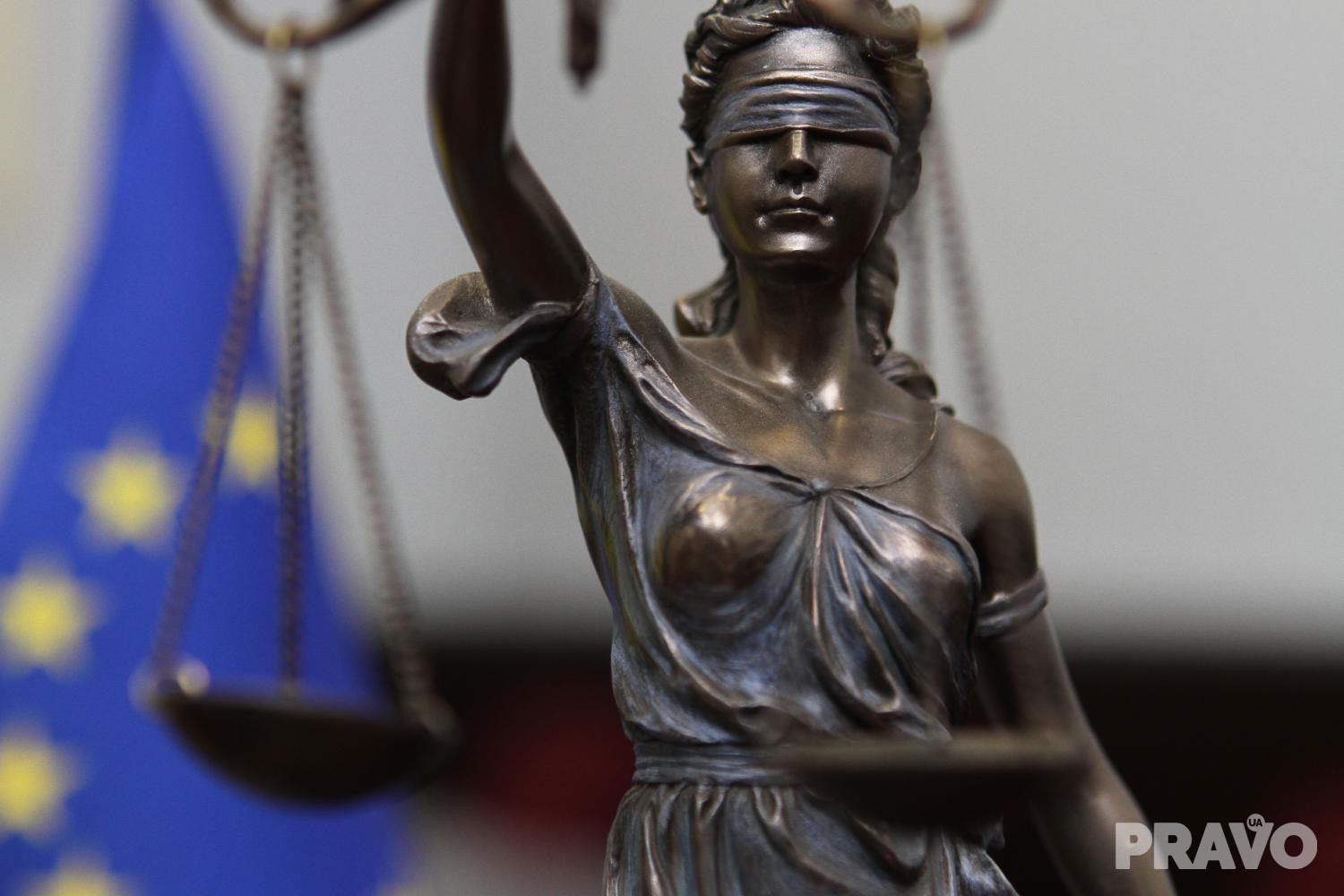active and purposeful military lawyer with more than 4 years of experience
Investigative actions: An important stage in a criminal investigation
Introduction
Solving crimes is impossible without careful collection and analysis of evidence. It is for this purpose that the criminal justice system provides for investigative actions - a set of procedural measures aimed at obtaining and securing evidentiary information. These actions are a key element of the pre-trial investigation, without which it is impossible to ensure an objective and comprehensive establishment of the circumstances of a criminal offense.
In this article, we will consider the essence and main types of investigative actions, their procedural design and importance for successful investigation of crimes.
Concept and classification of investigative actions
Investigative actions are actions of authorized persons (investigator, prosecutor, employees of operative units) regulated by criminal procedural law, aimed at collecting, checking and evaluating evidence in order to establish the circumstances of a criminal offense.Depending on the procedural purpose and specifics of the conduct, investigative actions can be classified into the following main types:
Inspection: inspection of the scene, corpse, dwelling, vehicle, etc. Aimed at identifying, fixing and extracting physical evidence.
Interrogation: interrogation of a suspect, accused, witness, victim. It is used to obtain testimony about the circumstances of the crime.
Presentation for identification: presentation of a person, corpse, objects, documents for identification. Makes it possible to establish the identity or connection between the object and the crime event.
Search and seizure: search of housing, other possessions of a person, seizure of objects and documents. They are used to identify and retrieve material evidence.
Investigative experiment: reproduction of actions, situation, circumstances of a certain event. Allows you to check versions of the investigation.
Appointment and conduct of forensic examinations: involving specialists to conduct examinations in order to establish factual data relevant to criminal proceedings.
In addition to these basic ones, the legislation provides for other types of investigative actions: seizure of property, removal from office, temporary access to things and documents, etc.
Procedural procedure for conducting investigative actions
Investigative actions have a procedure strictly regulated by law. It includes a number of mandatory procedural stages:
Making a decision to conduct an investigative action. The investigator or the prosecutor issues a resolution or resolution on the necessity of carrying out a specific investigative action.
Preparation for investigative action.At this stage, the time, place, circle of participants, necessary technical means, etc. are determined.
Direct investigation. The planned investigative actions are carried out in compliance with the requirements of the law.
Recording the progress and results of the investigative action. A protocol is drawn up in which all significant circumstances, discovered objects, received explanations, etc. are reflected.
Evaluation of the obtained results. The investigator analyzes the evidence obtained during the investigation, assesses their admissibility, reliability and sufficiency.
Strict adherence to the procedural procedure for conducting investigative actions is a guarantee of the admissibility and reliability of the received evidence, and therefore - the successful disclosure and investigation of crimes.
Review as the most common type of investigative actions
One of the most common and important types of investigative actions is an inspection. It provides for the direct perception and examination by the investigator or prosecutor of places, objects, documents, and corpses in order to identify traces of a criminal offense, other material evidence and clarify the circumstances that are important for criminal proceedings.
Depending on the object, the following main types of inspections are distinguished:
Inspection of the scene is one of the most important investigative inspections, which is carried out at the initial stage of the investigation in order to identify, fix and remove material traces of the crime.
An autopsy is an examination of the body of the deceased, the purpose of which is to establish the cause, time and other circumstances of death.
Inspection of housing, other possessions of a person - search and seizure of physical evidence, documents, valuables that may be of importance to the case.
Inspection of objects - the study of individual things, documents, vehicles and other objects with the aim of identifying traces of a crime.
Procedural registration of the examination is carried out by drawing up a protocol, which reflects all significant circumstances, discovered traces and material evidence.
Appointment and conduct of forensic examinations
An important place in the system of investigative actions is the appointment and conduct of forensic examinations - the involvement of specialists to conduct research in order to provide conclusions that are important for criminal proceedings.The grounds for appointing an examination may be:
the need to use special knowledge to find out the circumstances that are important for criminal proceedings;
the need to research physical evidence, documents, etc.;
the need to obtain samples for expert research.
Depending on the assigned tasks, various types of expertise may be assigned in criminal proceedings: forensic medical, forensic psychiatric, commodity science, technical, forensic
You may be interested in reading articles on such topics as: адвокатские запросы адвокатский запрос

































